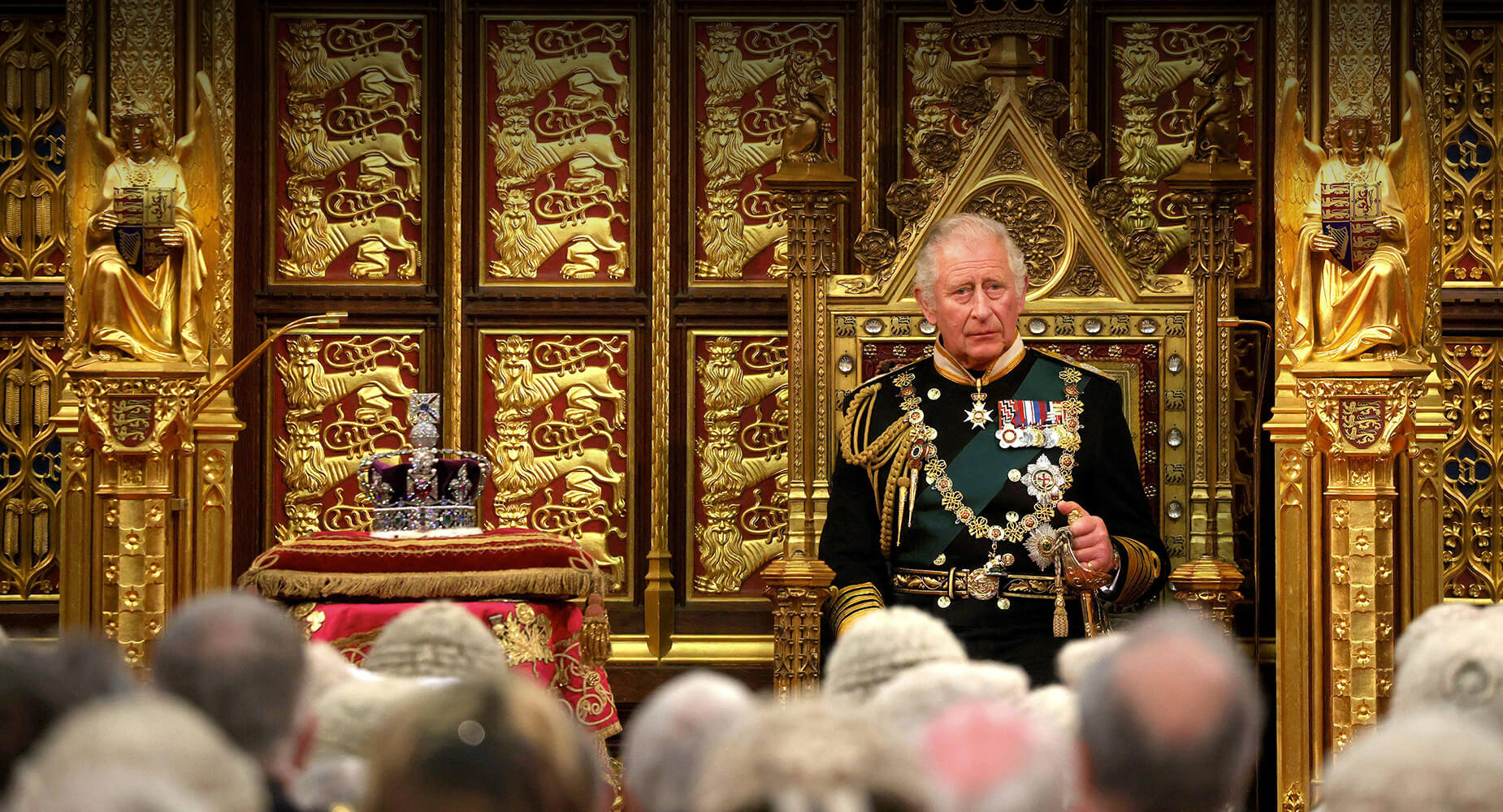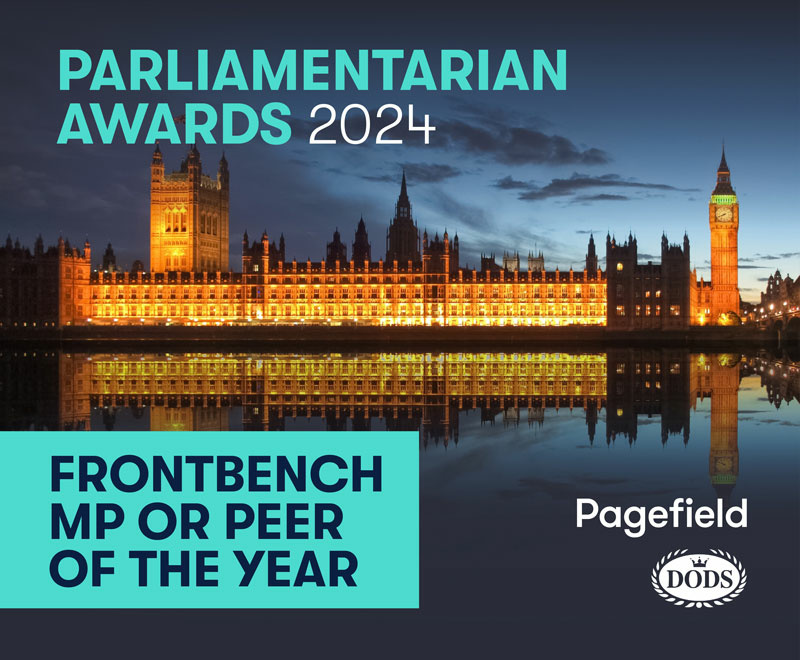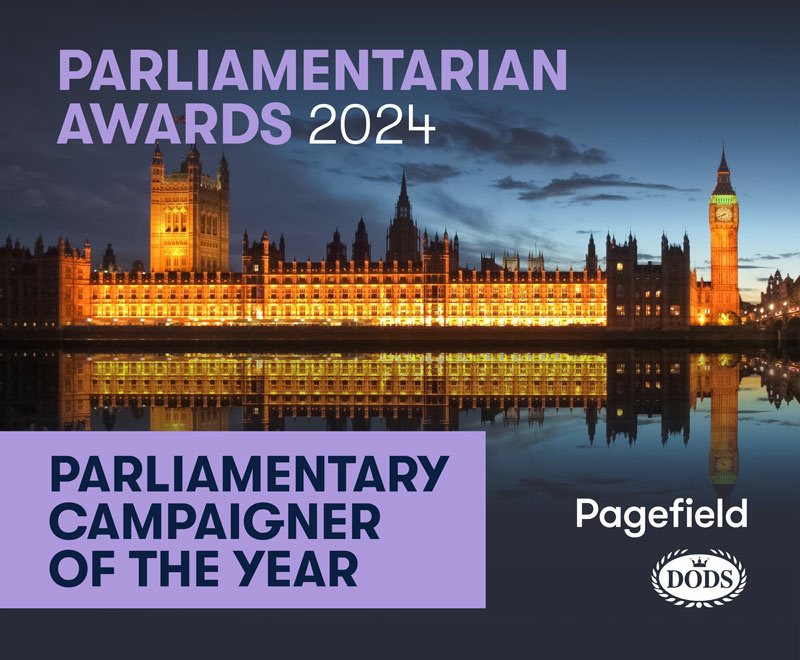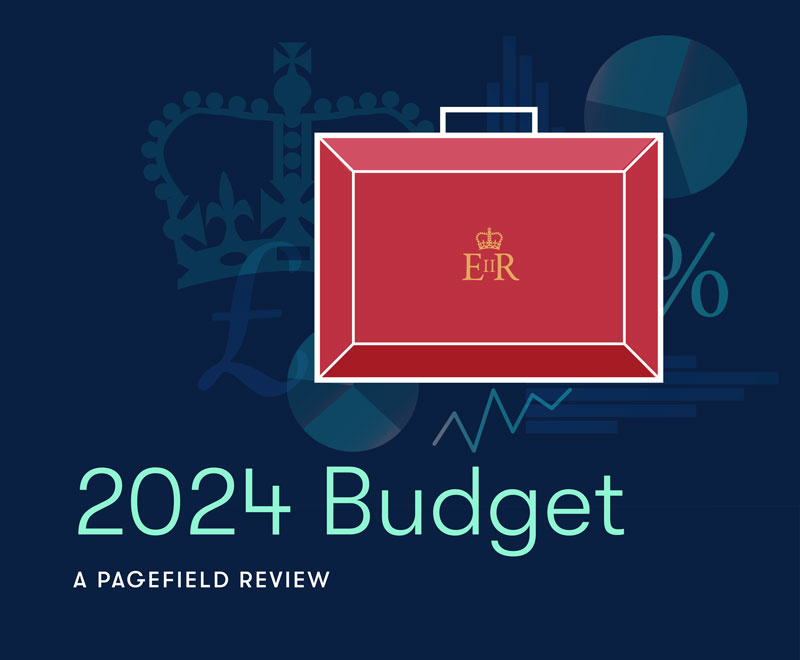In the absence of HM The Queen for the first time in almost 60 years, The Prince of Wales delivered this year’s Queen’s Speech, outlining the Government’s legislative agenda for the coming year. As one of the Government’s last opportunities to set out its policy agenda ahead of the next General Election, and with a cost of living crisis suffocating the UK, make no mistake that this was a crucial moment in Boris Johnson’s Premiership.
Although the build-up to proceedings was somewhat overshadowed by allegations of misconduct from both sides of the Commons, the Prime Minister will hope the Speech has set him back on the right track, while Labour will see the Speech as an opportunity to move on from issues of their own.
Pagefield duo Patrick Reynolds and Owen Mitchell have broken down the Speech into the key points you need to know.
Economy and net zero
With the worst of the pandemic seemingly behind us, today’s Queen’s Speech was an opportunity for the Prime Minister to deliver a strong statement of intent to stimulate the economy, invest in green energy and tackle the cost of living crisis.
Recent events in Ukraine have highlighted the importance of building a more secure, homegrown energy system that is cleaner and more affordable, and the Government’s Energy Security Bill will seek to deliver these commitments.
Despite the Speech referring to the cost of living crisis as a key priority for the Government, critics have been quick to point out the glaring omission of any relevant legislation, with the Government arguing that this is an issue which concerns day-to-day policy rather than legislation. This was confounded by suggestions on the day by the Prime Minister that more would be said on the cost of living crisis in the coming days, only for Government sources to slap down the idea of an emergency Budget later on.
Economic legislation focused on the reformation of business rates, the controversial privatisation of Channel 4, and the introduction of the UK Infrastructure Bank, which will invest in net zero and other projects to boost growth. As with the cost of living crisis, critics pointed to the lack environmental legislation – in fact, the only legislation to focus on the environment was that which promised to crack down on climate protestors, in an indication of the Government’s current priorities to win back voters.
Brexit
Free from EU regulation, a plethora of new Bills affectionately labelled the “super seven” will cut the remaining ‘EU red tape’ following Brexit. The most prominent, the Brexit Freedoms Bill, will make it easier for ministers to change laws inherited from the EU without a vote in Parliament. This promises to be a crowd-pleaser among many Conservative MPs desperate to finally break from the so-called shackles of EU legislation, whilst reminding voters that Boris Johnson successfully managed the UK’s complex departure from the EU.
Although some Bills (such as trade deals with Australia and New Zealand) will be passed due to the logistical necessity of changing regulations in the aftermath of Brexit, Johnson is aiming to woo voters with additional legislation like financial services regulation to encourage further investment in major infrastructure projects, gene editing to make agriculture more productive, and data reforms to change the box ticking elements of EU GDPR.
Levelling Up
Levelling up has for years now been touted as the central philosophy guiding the Johnson Government that, across the UK, will see a boost in opportunities for all. Critics have argued that, while noble in cause, there is a significant lack of substance as to what levelling up actually is. The Levelling Up and Regeneration Bill can be seen as an attempt to substantiate that agenda in the face of prior criticism that the levelling up slogan had too readily been stretched to include any policy that attempted to fix a problem in the UK.
The Bill announced today will boost local authority powers and lay the foundations for all of England to benefit from a devolution deal by 2030 through the creation of ‘County Deal’ combined authorities. With the opportunity to facilitate more accountable local decision-making and give a stronger voice to communities when planning regional improvements, the Bill has the potential to become the highlight of the Government’s regional levelling up plans in England and Wales.
Key to levelling up is better connectivity, putting transport squarely in the bracket of areas the Government needs to deliver on to fulfil their pledges. The Transport Bill, which will establish Great British Railways as the new single national leader of the industry, will also offer the promise of truly reforming regional and national rail networks. Given HS2’s continued ‘Marmite’ status, and the horrendously received Integrated Rail Plan, the Government will be banking on this Bill delivering the reforms to the railways it needs to win over voters in key Northern strongholds.
Security and Human Rights
With the widest-possible implications for society, the newly proposed Bill of Right will replace the Human Rights Act 1988 and seek to re-orientate the UK’s human rights framework away from Strasbourg and towards the primacy of UK case law. This Bill is part of a wider policy of decoupling the UK from EU laws and regulation, announced in the new Brexit Freedoms Bill.
Beyond whatever potential consequences there may be in ditching the current incorporation of the European Convention of Human Rights, lawyers have expressed concerns at the sheer amount of parliamentary time needed to repackage such legislation.
Security was also one of the most significant themes in this year’s Queen’s Speech, with the National Security Bill, Public Order Bill, Data Reform Bill and Online Safety Bill all promising to deliver sweeping changes to the legal and regulatory landscape.




